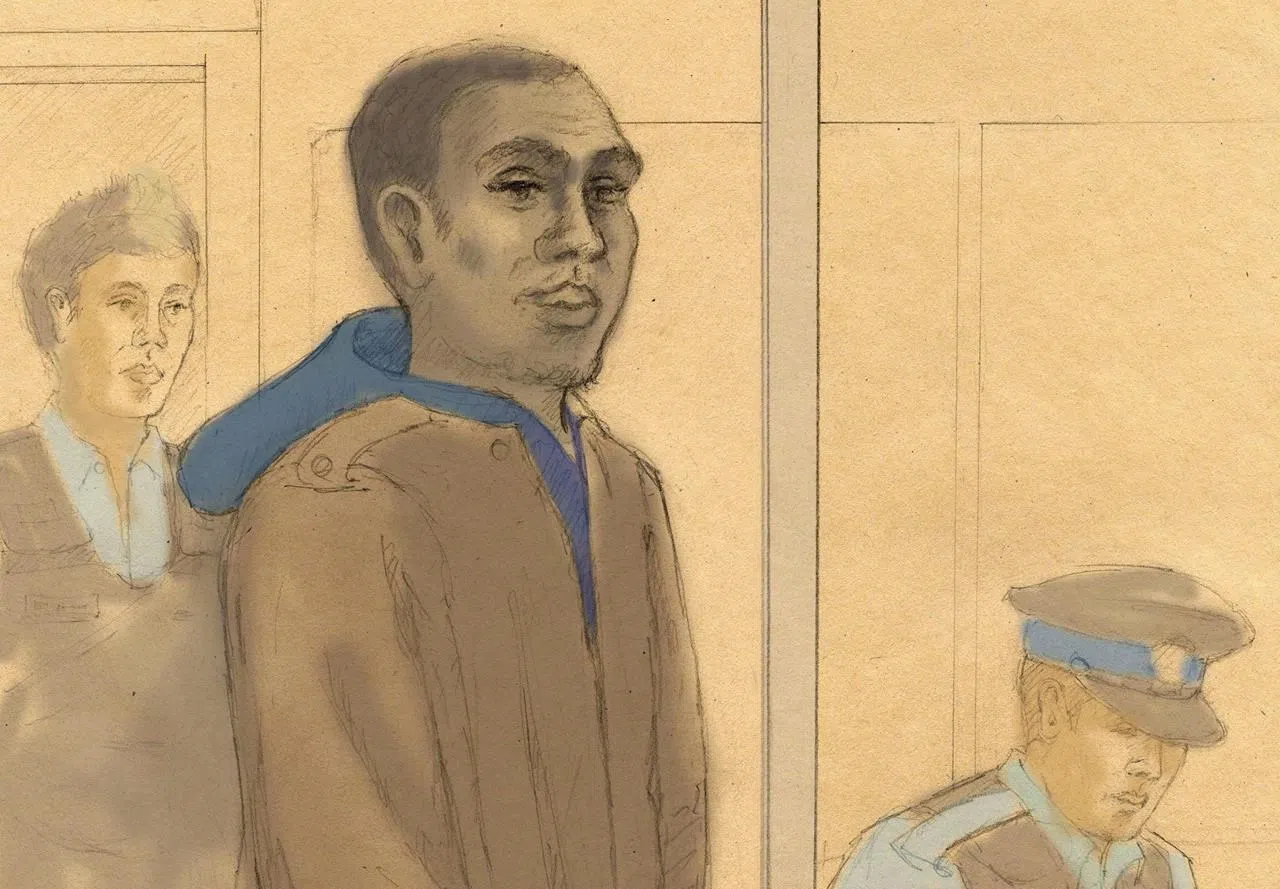
Toronto Eaton Centre shooter found guilty of two counts of manslaughter
TORONTO — A man who said his post-traumatic stress disorder prompted him to open fire inside Toronto’s Eaton Centre more than six years ago was found guilty Tuesday of manslaughter in the deaths of two people killed in the attack.
A jury also found Christopher Husbands guilty of five counts of aggravated assault, one count each of criminal negligence causing bodily harm and reckless discharge of a firearm in the June 2, 2012 mall shooting.
Husbands, who had stood trial on the more serious charges of second-degree murder, admitted he was the shooter but his lawyers argued he should be found not criminally responsible due to mental illness.
Defence lawyers said the manslaughter verdict suggests the jury either believed Husbands was provoked into shooting at men who had previously attacked him, or that his PTSD, along with other factors, “caused him to react instinctively without forming the intent to kill.”


